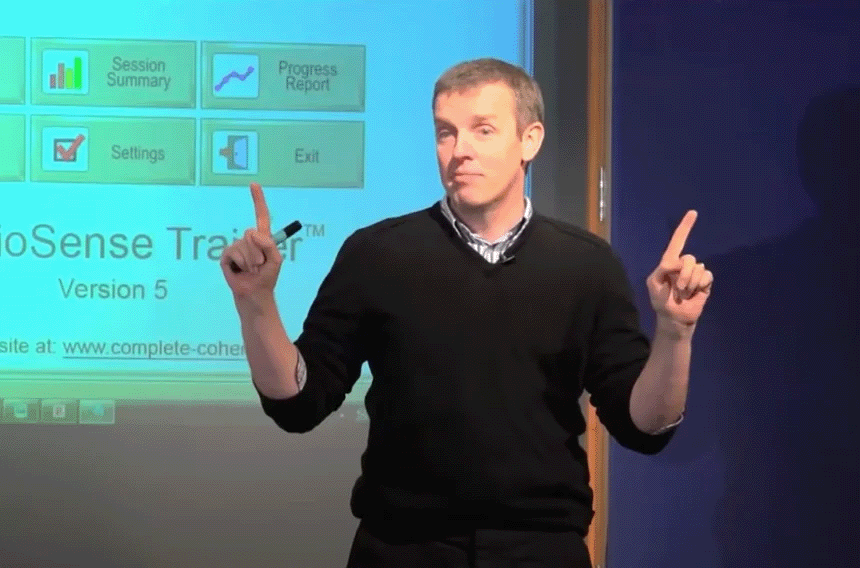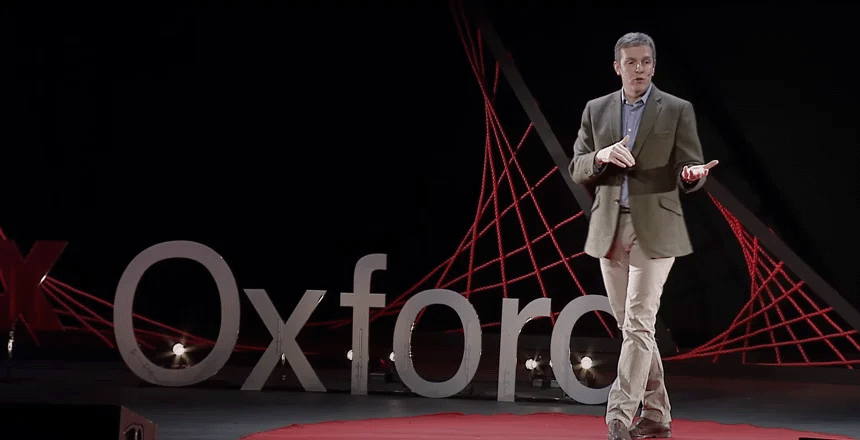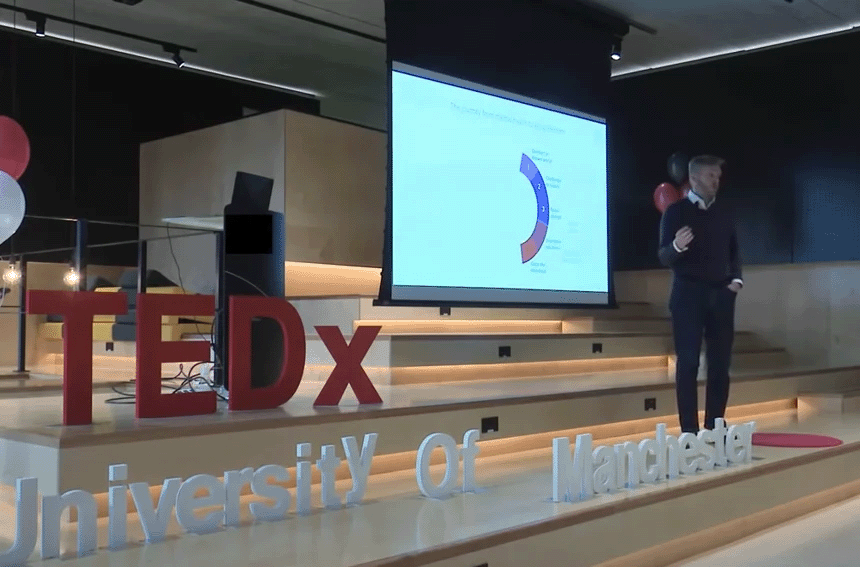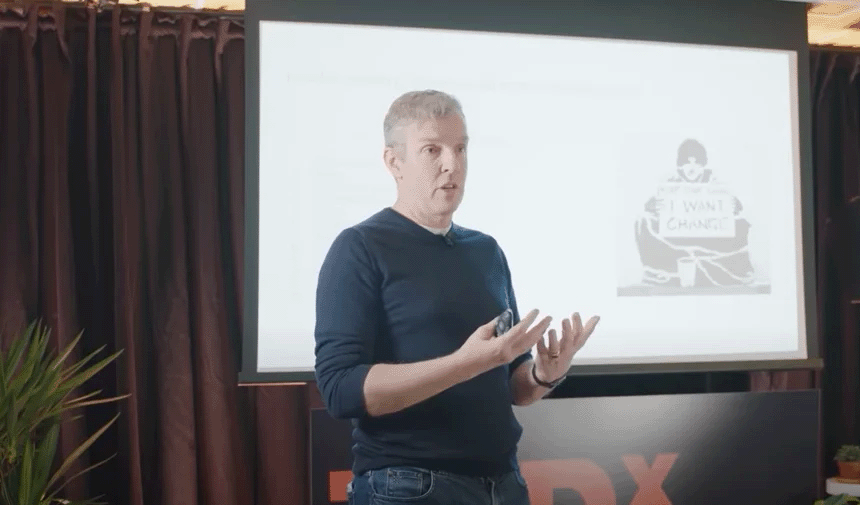If you’ve ever emerged from a team building day constructing rafts or bridges and wondered what diff...
Complete News
Complete works with leaders, teams and organisations to transform performance.
Stay up to date with the latest news from Complete on all things leadership development, coaching, driving and organisational success.
If you’ve ever emerged from a team building day constructing rafts or bridges and wondered what diff...
And for a time, it worked. The shift away from bureaucratic structures in the mid‑1980s unleashed am...
In this TEDxPortsmouth talk, Dr Alan Watkins explores what it truly means to be brilliant every sing...
Recognising the reasons behind your emotions is a crucial part of human development. Once you unders...
With over two decades of expertise in human performance and leadership, Alan Watkins offers profound...
We look at Wicked Issues - super complex issues that almost seem impossible to solve. By understandi...
A cohesive team is not born but made.
Letting go of fear and finally committing to change is a real ‘moment of truth’. If you’re at this p...
Does your team look forward to getting together? Do they see team meetings as energising and stretch...

.jpg)







